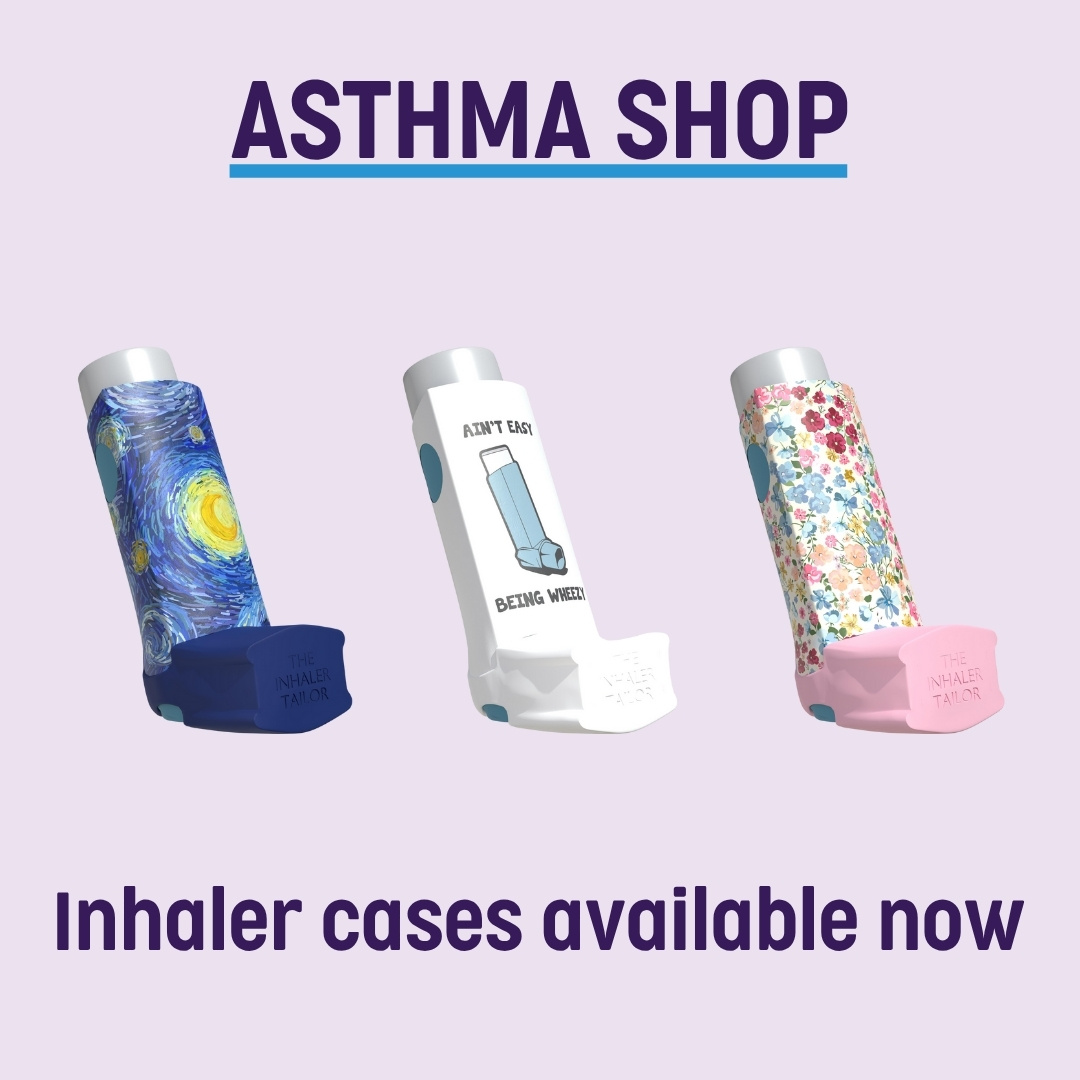Yes. People with asthma and severe asthma can have a COVID-19 vaccine. Your doctor can advise which vaccine is best for you.
Speak to your doctor about your own situation if you have concerns.
The ingredients in the current COVID-19 vaccines are safe for almost everyone. There have been some cases of allergy reported but these are very rare. Most allergies can be taken care of by specialist medical input. Talk to your doctor if you are concerned or know you are allergic to any of the ingredients in the COVID-19 vaccines.
To learn more about vaccine contraindications see: https://www.health.gov.au/initiatives-and-programs/covid-19-vaccines/advice-for-providers/clinical-guidance/contraindications-and-precautions
You may feel minor short-term side effects of the vaccine like a sore arm, muscle aches, headache, tiredness, joint pain, and sometimes chills or a fever. Most side effects are mild and go away within a couple of days.
It is safer to contact your doctor as soon as you can or go to hospital if you have more serious symptoms like: a severe reaction, shortness of breath, chest pain, swelling in your leg, lasting tummy pain, strong or lasting headaches, blurred vision, or small spots under the skin that are not located where the vaccine was injected.
Rarely, side effects that affect the muscle and covering around the heart, called myocarditis and pericarditis, have occurred after the second dose of mRNA vaccines (Moderna and Pfizer). It is most often seen in males under 40 years old. Most cases are mild and patients have got better quickly. The TGA is keeping track of the risk of these side effects. If you have pain or discomfort in your chest, pain or difficulty breathing, irregular heartbeats or “fluttering”, or fainting, speak to a doctor urgently. Treatment is available and getting better is almost always quick.
Blood clots combined with low platelets (thrombosis with thrombocytopenia, or TTS) is a rare side effect that can occur after the AstraZeneca (Vaxzevria) vaccine. Blood clots can appear in different parts of the body such as the brain or belly. This is more common in adults under 60 years of age and is much less likely after the second dose. Speak to a doctor urgently if you feel any symptoms like strong and lasting headache, blurred vision, confusion or seizure, strong stomach pain, chest pain or shortness of breath, leg swelling, weakness of the face, arms or legs, and small spots or bruising under the skin that are not located where the vaccine was injected, any time up to 6 weeks after having the vaccine. Doctors are well aware of this potential side effect and have treatments available.
Millions of people have had COVID-19 vaccines, and outcomes have been measured. So far, there have been no concerns about any of the COVID-19 vaccine’s effects on people with asthma, and no extra precautions are needed for people with asthma.
No. The COVID-19 vaccine does not give you a COVID-19 virus. In fact, it protects you from it by reducing your chances of being very sick from COVID-19. This will then help protect you from an asthma flare-up.
No. If you use inhaled corticosteroids like a preventer for asthma, keep using them as prescribed. You must keep your asthma under control to reduce your risk of severe COVID-19 disease.
No. People with severe asthma may be at a higher risk of severe disease and should get their vaccine and booster doses as soon as they can. People with severe asthma taking monoclonal antibodies can receive their COVID-19 vaccine.
If you are using monoclonal antibodies for asthma, have your dose on a different day than your COVID-19 vaccine if you can. This means that if adverse effects occur the cause will be easier to identify.
To maintain protection after being vaccinated, you can have booster doses from 6 months after your last vaccine dose or being infected with COVID-19. All people aged 18 years and older are eligible.
Booster doses are recommended particularly for those at higher chance of being severely ill if they were to have COVID, such as people aged 65 and over and people that have existing medical conditions, a disability or complex health needs.
Children aged 5 to 17 years are eligible for booster doses only if they have a health condition increasing their risk of severe COVID-19.
Yes. You should have both of these vaccines - the flu vaccine each year, and COVID-19 vaccine dose 1, 2, and booster doses where recommended. Adults aged 30-49 years without other risk factors can have a second booster if they choose to. Other people at higher risk of severe illness should have their second booster as soon as they are eligible.
Research has shown it is safe to have your flu and COVID-19 vaccines on the same day. To learn more see: https://www.health.gov.au/initiatives-and-programs/COVID-vaccines/is-it-true/is-it-true-do-i-have-to-wait-between-getting-the-influenza-flu-and-COVID-19-vaccine
Yes. Children aged 5 years and over can be vaccinated against COVID-19. Children aged 5-11 years old will receive an age-adjusted vaccine, which is about 1/3 of the usual dose. Children aged 6 months to under 5 years who are at risk of severe COVID-19 symptoms are also recommended for vaccination. It will be important to discuss this with your doctor.
Yes. Pregnant people are at greater risk of complications from COVID-19. COVID-19 vaccines can be used during pregnancy and breastfeeding to protect yourself and your baby. Talk to your doctor about your own situation if you are concerned.
All people aged 5 years and over should wait 6 months between having COVID-19 and their next vaccine dose.
COVID-19 vaccines are now on hand in many places. You can choose to book at your normal doctor's clinic or ask your local chemist.
If you need help making a COVID-19 vaccine booking, SMS ‘Hey EVA’ to 0481 611 382. A trained call agent from the National Coronavirus Helpline will call you to help book your COVID-19 vaccination. Learn more about EVA here: https://www.health.gov.au/initiatives-and-programs/easy-vaccine-access
https://www.asthmahandbook.org.au/clinical-issues/covid-19
https://www.tga.gov.au/periodic/covid-19-vaccine-weekly-safety-report-16-09-2021
https://covid-vaccine.healthdirect.gov.au/booking/
https://www.healthdirect.gov.au/covid-19-vaccine-side-effect-checker
https://www.allergy.org.au/hp/papers/ascia-hp-position-statement-covid-19-vaccination
https://www.health.gov.au/initiatives-and-programs/covid-19-vaccines/who-can-get-vaccinated/children
https://www.health.gov.au/our-work/covid-19-vaccines/getting-your-vaccination/booster-doses
Last reviewed 07/02/2023





 1800 278 462
1800 278 462



